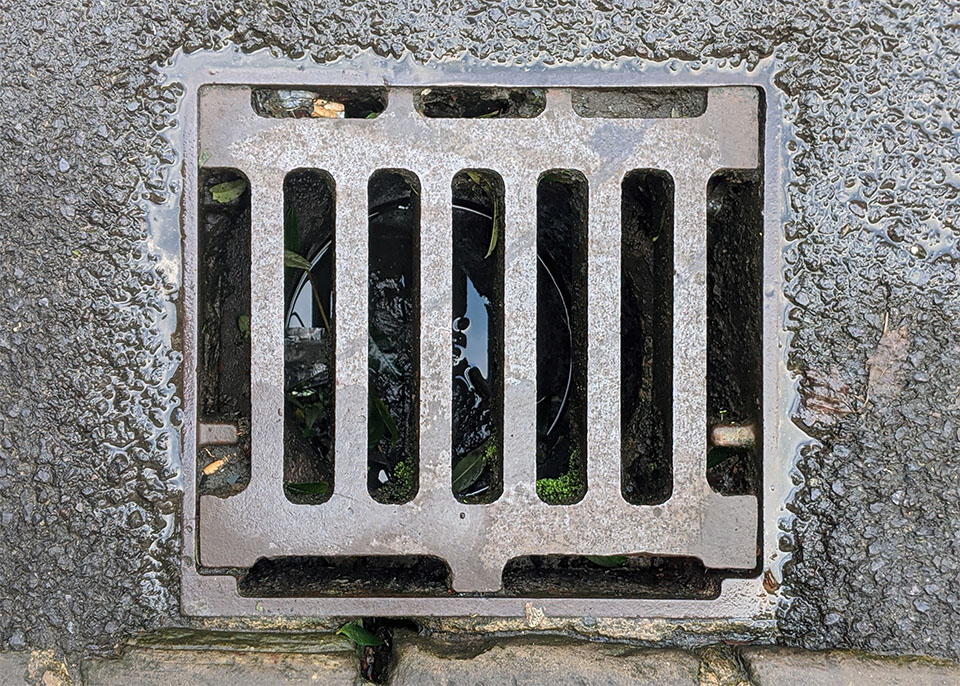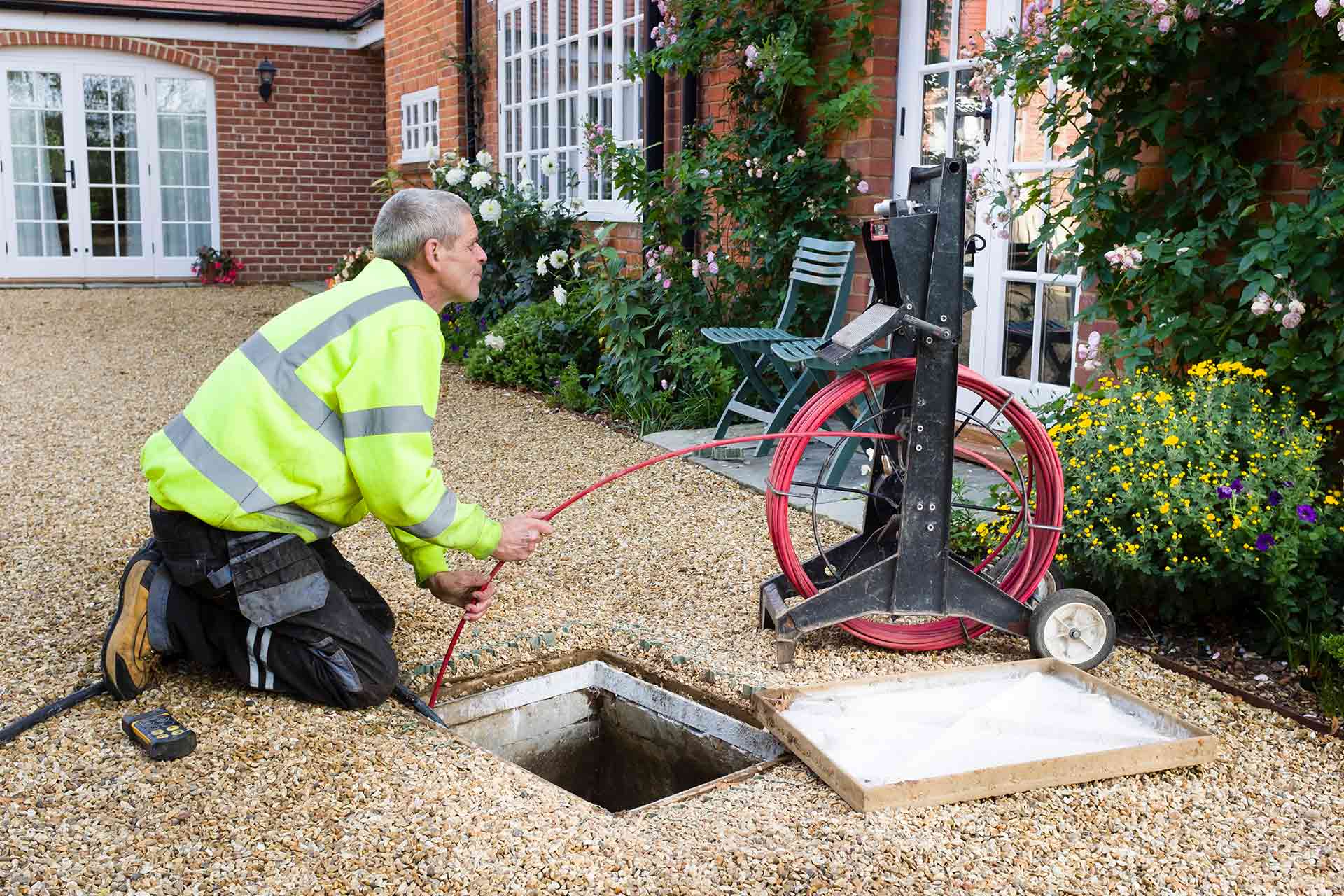Approaches to Address a Blocked Drain Before Calling in Plumbing Professionals
Approaches to Address a Blocked Drain Before Calling in Plumbing Professionals
Blog Article
They are making a few good observations related to How to handle a clogged drain in your home as a whole in this post just below.

Intro
Handling an obstructed drain can be an aggravating experience, interrupting everyday tasks and potentially creating damage to your residential property. Nonetheless, before reaching out to pipes specialists, there are steps you can require to address the problem on your own. In this guide, we'll check out do it yourself services and safety nets to tackle a blocked drainpipe effectively.
Determining the Concern
The initial step in attending to an obstructed drainpipe is recognizing the signs. Sluggish drain, gurgling sounds, foul odors rising from drains, or water support up are common indicators of a blocked drainpipe. Identifying these indications early can assist prevent even more problems.
Common Reasons For Blocked Drainpipes
Recognizing the factors that contribute to drain clogs is important for reliable resolution. Common offenders include hair, soap scum, grease, food particles, and foreign items like sanitary items or paper towels. Tree origins getting into below ground pipes can also create considerable blockages.
Do it yourself Solutions
For small clogs, a number of DIY options can be effective. Putting boiling water down the drain can aid liquify oil and debris. Baking soda and vinegar or a combination of salt and cooking soda can serve as all-natural cleansers. Making use of a plunger or plumbing snake to remove obstructions is another alternative.
Tools and Equipment
Having the right tools accessible can make DIY drainpipe cleaning more reliable. A plunger is a functional tool for clearing clogs in sinks, bathrooms, and showers. A pipes serpent or auger can reach much deeper clogs, while drainpipe cleaning chemicals can be utilized cautiously for stubborn blockages.
Preventive Measures
To prevent future clogs, adopting preventive measures is important. Mount drainpipe guards or strainers to capture hair and debris prior to they go into the pipelines. Frequently flush drains with warm water to dissolve oil buildup, and avoid throwing away oil or solid waste down the tubes.
When to Call a Professional
While do it yourself services can fix minor clogs, particular signs indicate the demand for professional help. Relentless obstructions, foul odors in spite of cleaning initiatives, or several drains pipes supporting at the same time are red flags that necessitate experienced treatment.
Picking the Right Plumbing Solution
When picking a pipes service, take into consideration aspects such as experience, licensing, and customer reviews. Choose a trustworthy plumber with a performance history of top quality handiwork and transparent prices techniques.
Price Factors to consider
The cost of specialist drain cleaning services can differ depending on the severity of the blockage and the plumbing professional's rates. Demand quotes from several suppliers and ask about any type of service charges to make certain transparency and stay clear of shocks.
Safety and security Precautions
When trying DIY drainpipe cleaning, focus on safety. Put on safety handwear covers and glasses to stay clear of contact with harmful chemicals or bacteria. Never blend various drainpipe cleansing items, as this can create harmful fumes.
Situation Studies
Real-life instances illustrate the performance of do it yourself solutions and the significance of prompt professional intervention in fixing drainpipe clogs.
Conclusion
By complying with the ideas described in this guide, you can successfully take on obstructed drains and stop future plumbing concerns. Whether opting for do it yourself options or looking for specialist aid, prompt activity is crucial to preserving a healthy pipes system and protecting the stability of your home.
9 Ways You Can Clear a Blocked Drain
Blocked Drains from Hair
We’ve seen it all before, a build-up of hair that’s leads to a clogged drain. Most times it’s a moderately easy task to simply ‘remove the hair’, but if it’s not cleared up straight away – it can cause a lot of issues down the line.
Hair falling off the body in the shower or while getting ready over the sink and in the bathroom is one of the most common causes of blocked sinks and drains. But whilst it’s a common problem for many homeowners, there are ways you can fix your drain and put a long-term solution in place.
How to Fix Blocked Drains from Hair?
What to do: Small amounts of hair can be removed by pulling it out with gloved hands to avoid it getting worse. Drain cleaning devices such as drain spiders can also be purchased to help remove the hair from the drain. However, it’s important to be careful as some devices and cheap hair removal chemicals can make the problem worse.
It’s important to remove the hair before it gets clogged into the entry of the drain pipes. If you’re unable to reach the hair or the devices aren’t working as intended, it’s time to speak to a blocked drain specialist.
Blocked Drains from Plants and Dirt
Natural debris like trees, shrubs, dirt and leaves can be an issue for water drains, especially after spring and autumn. Your regular garden and drain maintenance that keeps the outdoor area looking great is also essential to the productivity of your water drains and pipes.
Leaves aren’t the only culprit, however – tree roots are notorious for growing underneath in search of water and as a result, will usually head straight to your drains.
How to Fix Blocked Drains from Plants and Dirt?
What to do: To prevent plants, leaves and dirt from blocking the drains, keep the outdoor area clear of fallen leaves and debris. If this mess is left long enough, it will cause your drains to become severely blocked.
Keep your trees well-watered so they are less drawn to the drains as a source of moisture and stay away from clogging plants where possible; like willow trees, oak trees, magnolias, boxwood shrubs, palm trees and gum trees.
While ensuring your yard is free from leaves and dirt is a great way to prevent build-up, sometimes the real issues lay under the surface. Tree roots can crack your drain pipes beneath your home – causing severe blockages and leaks. Specialist drain cleaning equipment can be used to clear the blockage and pipe relining technology can provide a long-term structural repair.
Blocked Drains from Grease Build-up
Like hair in the bathroom, grease and fat will build-up in the kitchen sink over time. These fatty substances are a very common cause of blocked drains and pipes and can be a nuisance to clear out.
Any grease waste or fatty substance that is washed down the sink will stick to the inside of the pipes and eventually build up to a point no liquid can pass through. It’s important to be aware that this grease doesn’t leave the pipes as easily as you would expect.
How to Fix Blocked Drains from Grease Build-up?
What to do: Avoid washing these fatty ingredients down the affected drain as much as possible. Grease that’s washed down the drain will cool and harden in the pipes.
A smart way to prevent this build-up of grease is to start collecting all glass jars that you purchase at the supermarket. Then, instead of pouring this oil or kitchen grease down the drain, put it in the small glass or plastic containers to discard with your garbage.
Blocked Drains from Toiletries
As more people get into the habit of disposing of toiletries down the drain, bigger problems are being caused in our pipes and sewers. Nappies and baby wipes are the two common issue items known to block drains after being flushed down the toilet.
Such items become immersed with water, they absorb the moisture and enlarge, quickly blocking access to water drains and pipes.
How to Fix Blocked Drains from Toiletries?
What to do: This way of disposing of toiletries is dreadful for the environment and everyone should be encouraged to dispose of toiletries the right way. In the home, these items should be taken out with your garbage, just as people should make use of the designated bins when using public changing rooms and toilets.
Blocked Drains from Heavy Rain and Storms
Throughout the wet season, drains will experience floods of water because of heavy rainfall. Because drains aren’t really designed to take the full impact of this weather, water build-up can be common in many Perth households.
When there is an overflow of rainwater in gutters and downpipes, there’s a good chance there’s a blocked drain that needs to be cleared out.
How to Fix Blocked Drains from Heavy Rain and Storms?
What to do: Ensure gutters and outdoor drains are cleaned during the wet season to prevent a build-up of leaves which will cause a bigger blockage. Problems caused by heavy rain and storms will usually require a plumber to help unclog and assist with the wastewater removal. If this is the case, contact them as soon as possible to prevent further build-up and potential flooding in your home and yard.

We were brought to that editorial about 8 Tips For Clearing A Blocked Drain through a friend on another web property. Do you know another person who is excited about Tips for Dealing with Clogged Drains and Sewer Lines? Why not promote it. Thank you for being here. Please stop by our site back soon.
Browse Website Report this page